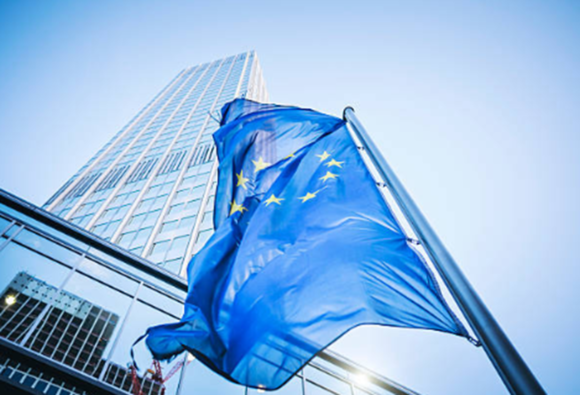Apple is grappling with significant challenges in the European Union, as regulatory hurdles have forced the tech giant to halt the rollout of its anticipated AI suite and face allegations of App Store violations under the EU’s Digital Markets Act (DMA).
AI Suite Delayed Due to Regulatory Concerns
Recently, Apple announced a delay in launching its advanced AI suite in Europe, citing concerns over compliance with the DMA’s stringent interoperability requirements. This suite, featuring cutting-edge technologies from OpenAI, promises innovative capabilities such as image generation, text summarization, and enhancements to Siri. However, Apple expressed reservations that adhering to the DMA rules could compromise user privacy and data security.
App Store Violations Trigger Regulatory Action
Simultaneously, the European Commission has taken a firm stance against Apple regarding its App Store practices. Under the DMA, which targets tech giants deemed “gatekeepers,” Apple is accused of violating rules that prohibit anti-steering practices. This rule aims to empower consumers by allowing them not only to uninstall pre-installed apps but also to choose third-party alternatives seamlessly.
The Commission’s preliminary findings indicate that Apple’s App Store policies restrict app developers from directing users to alternative platforms freely. Additionally, a new investigation has been initiated into Apple’s recent contractual terms for third-party developers, including the controversial “Core Technology Fee” of €0.50 per installed app.
Potential Consequences for Apple
The repercussions for Apple could be substantial. Apart from the immediate impacts on product launches and operational strategies in Europe, the tech giant faces a potential fine of €1.8 billion related to unfair competition practices in music streaming, another violation under the DMA. This law allows fines up to 10% of a company’s global turnover, escalating to 20% for repeat offenses.
Looking Ahead

Despite these setbacks, Apple has expressed willingness to collaborate with EU regulators to find common ground. The company’s compliance efforts will be closely watched as it navigates the complex landscape of EU digital regulations, balancing innovation with regulatory compliance.
EU’s Rigid Digital Market
Apple’s recent challenges underscore the EU’s rigorous approach to digital market oversight, signaling a pivotal moment in how tech giants operate within the bloc’s regulatory framework. As developments unfold, stakeholders will keenly observe the outcomes of these regulatory battles shaping the future of digital competition in Europe.




